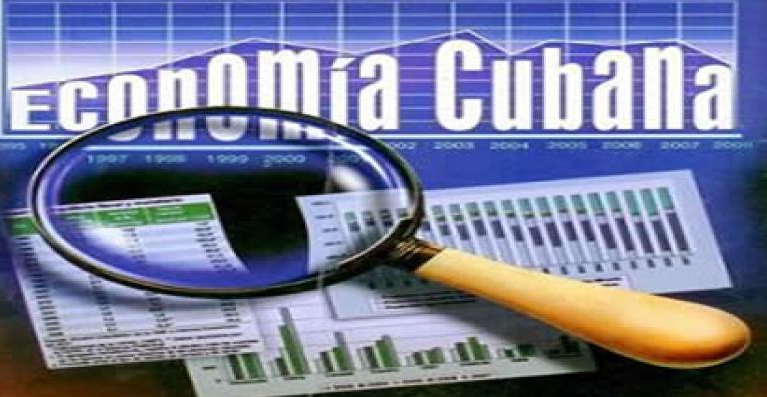
Natural phenomena create new obstacles for the Cuban economy
By Roberto Morejón
Forecasts of the impossibility of growth for the Cuban economy in 2024 were highlighted in recent weeks, when two hurricanes and an equal number of earthquakes struck the country.
Although recovery efforts have been swift following the passage of hurricanes Oscar and Rafael and two earthquakes, the amount of damage, which has yet to be assessed, is superlative.
The first hurricane devastated four eastern municipalities with floods unprecedented in the region, and the second left almost the entire electrical system of the western province of Artemisa in ruins, with notable damage in neighboring Mayabeque and Havana.
The images of partially or completely damaged roofs and buildings blown down by the winds correspond to the estimate of 46,000 damaged homes, although the number will rise.
To this temporary balance must be added the effects of two major earthquakes and thousands of aftershocks in the eastern provinces of Granma and Santiago de Cuba.
But not only the traces of the hurricanes and the unusual earthquakes have affected the calculations of those who estimate a contraction of the Gross Domestic Product, since the country has been exposed to the difficulties of the national electrical power system.
Two collapses of this system have dealt a heavy blow to production and services.
In a country with an accentuated deficit of agricultural inputs to the markets, the loss of 37 thousand hectares of land as a result of the two hurricanes is cause for meditation.
In addition to the devastation caused by natural phenomena, Cuba's chances of reaching the goal of 3 million visitors by 2024 are also slim, even though the country has a renovated hotel plant with more than 80,000 rooms.
Nevertheless, Cuba is hoping for a significant flow of visitors during the high season.
The affected accommodations have a repair program in place, although Cuba's most realistic plans are constrained by external factors.
The tightening of the U.S. blockade and the inclusion of the Caribbean nation on the list of countries that Washington considers sponsors of terrorism are reducing the inflow of foreign currency.
This type of currency is essential to buy food abroad and to finance the capital maintenance of the old thermoelectric plants, a process that has not been applied to date.
The decline of the economy, which leads to shortages in consumption and services, requires a titanic work from the Cubans to compensate for the damage caused by natural disasters and to return to the path of development.

